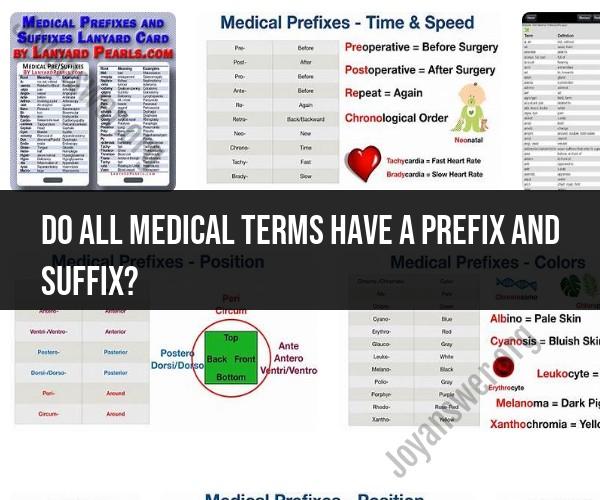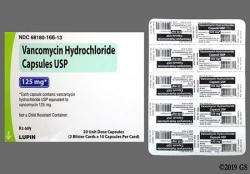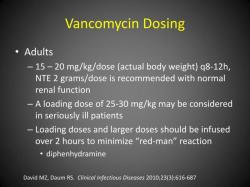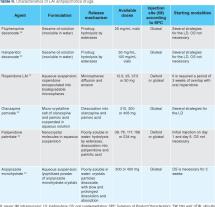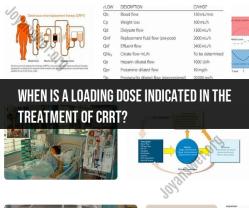Do all medical terms have a prefix and suffix?
No, not all medical terms have both a prefix and a suffix. Medical terminology is often constructed from a combination of word parts, including prefixes, roots (or bases), and suffixes. These word parts are combined to create medical terms that convey specific meanings related to anatomy, physiology, conditions, procedures, and more.
Here's a breakdown of the components of a medical term:
Prefix: A prefix is a word part added to the beginning of a root word to modify its meaning. Prefixes in medical terminology often indicate location, number, size, or status. Examples include "hyper-" (meaning excessive), "sub-" (meaning under or below), and "pre-" (meaning before).
Root or Base: The root or base of a medical term is its core, and it provides the central meaning of the term. Roots are usually derived from Latin or Greek and represent body structures, organs, or systems. For example, "cardi-" is a root that refers to the heart.
Suffix: A suffix is a word part added to the end of a root word to modify its meaning. Suffixes often indicate a condition, disease, procedure, or a particular type of structure. Examples include "-itis" (indicating inflammation), "-ectomy" (indicating surgical removal), and "-ology" (indicating the study of).
While many medical terms contain all three components (prefix, root, and suffix), not all terms require each of these elements. Some medical terms consist only of a root word and a suffix, while others may consist of just a root word. Here are a few examples:
"Cardiology": This term consists of a root word "cardi-" (heart) and a suffix "-ology" (study of). It means the study of the heart.
"Dermatology": This term consists of a root word "derm-" (skin) and a suffix "-ology" (study of). It means the study of the skin.
"Hypertension": This term contains a prefix "hyper-" (excessive), a root word "tens-" (pressure), and a suffix "-ion" (condition). It refers to a condition of excessively high blood pressure.
"Appendectomy": This term consists of a root word "append-" (appendix) and a suffix "-ectomy" (surgical removal). It means the surgical removal of the appendix.
In summary, while many medical terms do incorporate prefixes, roots, and suffixes to convey specific meanings, not all medical terms require all three components. The construction of a medical term depends on the intended meaning and the specific medical concept being conveyed.
Medical terminology is a complex language that can be difficult to learn. However, by understanding the prefixes and suffixes used in medical terms, you can begin to deconstruct and understand these terms.
Prefixes
Prefixes are words or syllables that are added to the beginning of a word to change its meaning. For example, the prefix "anti-" means "against," so the word "antibiotic" means "against bacteria."
Here are some common medical prefixes:
- anti-: against
- bio-: life
- cardio-: heart
- derm-: skin
- endo-: within
- gastro-: stomach
- hemato-: blood
- hyper-: above normal
- hypo-: below normal
- intra-: within
- mal-: bad
- micro-: small
- neo-: new
- onco-: tumor
- patho-: disease
- peri-: around
- post-: after
- pre-: before
- pro-: before
- sub-: under
- super-: above
- tachy-: fast
- trans-: across
Suffixes
Suffixes are words or syllables that are added to the end of a word to change its meaning. For example, the suffix "-itis" means "inflammation," so the word "gastritis" means "inflammation of the stomach."
Here are some common medical suffixes:
- -algia: pain
- -ectomy: removal
- -emia: blood condition
- -itis: inflammation
- -oma: tumor
- -opathy: disease
- -osis: condition
- -plasty: surgical repair
- -tomy: incision
Understanding Medical Language
By understanding the prefixes and suffixes used in medical terms, you can begin to deconstruct and understand these terms. For example, the medical term "cardiomyopathy" can be broken down as follows:
- cardio-: heart
- myo-: muscle
- -pathy: disease
Therefore, the medical term "cardiomyopathy" means "heart muscle disease."
By understanding the prefixes and suffixes used in medical terms, you can begin to understand the meaning of these terms without having to memorize them all. This can be helpful for patients, caregivers, and healthcare professionals alike.
Here are some additional tips for learning medical terminology:
- Start by learning the most common prefixes and suffixes.
- Try to group prefixes and suffixes together based on their meaning.
- Practice deconstructing and understanding medical terms.
- Use a medical dictionary or online resource to help you learn new medical terms.
With practice, you will be able to understand medical terminology more easily and accurately.
